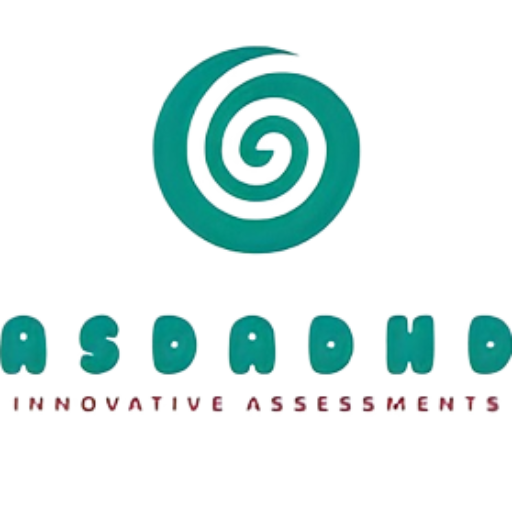Methylphenidate
!..ADHD/ASD Clinic: Providing Comprehensive ADHD and ASD Assessments for Children in Ireland and Northern Ireland.”(we don’t provide adult ADHD or ASD assessments)
Understanding Methylphenidate: A Comprehensive Guide for ADHD Treatment
Methylphenidate is a widely recognized medication for treating Attention Deficit Hyperactivity Disorder (ADHD) in children. This article delves into the essential aspects of this medicine, ensuring parents and caregivers are well-informed.
What is Methylphenidate?
Methylphenidate, sometimes referred to as methylphenidate hydrochloride, is available under various brand names such as Medikinet, Ritalin, Concerta XL, and more. It’s primarily used to alleviate symptoms of hyperactivity, and impulsiveness, and to enhance attention and concentration span in children.
Why Choose Methylphenidate for ADHD?
This medication plays a pivotal role in reducing ADHD symptoms. It’s not just a standalone treatment but is often incorporated into a comprehensive treatment program that includes behavioral therapy.
Available Forms of Methylphenidate:
– Regular Tablets: 5 mg, 10 mg, 20 mg
– Modified-release Tablets: 18 mg, 27 mg, 36 mg, 54 mg
– Modified-release Capsules: Ranging from 5 mg to 60 mg
Administration Guidelines:
– Modified-release versions are typically given once daily, preferably in the morning.
– Regular tablets like Medikinet and Ritalin are usually administered two or three times a day, ideally 4 hours apart.
– It’s crucial to maintain consistency in the timing of the doses.
Dosage:
The appropriate dosage is determined by a healthcare professional based on the child’s needs. It’s essential to adhere to the prescribed amount and consult the doctor for any uncertainties.
How to Administer:
– Tablets should be swallowed with water or juice.
– Modified-release tablets should not be crushed.
– Capsules can be opened, and their contents can be mixed with soft food.
When to Expect Results:
The medicine typically starts working within 30 to 60 minutes, depending on the specific type.
Side Effects to Monitor:
While Methylphenidate is beneficial, it may have side effects. Some of these include irritability, dizziness, weight loss, reduced appetite, and sleep issues. It’s vital to consult a doctor if any severe or persistent side effects occur.
Interactions with Other Medications:
Methylphenidate can be taken alongside paracetamol or ibuprofen. However, always consult with a healthcare professional before combining it with other medications.
Additional Information:
– Ensure consistency in the brand of Methylphenidate given to the child.
– Regular blood pressure checks are recommended during treatment.
– The medicine might affect tasks requiring coordination.
– Growth monitoring is essential as Methylphenidate might influence it.
Conclusion:
Methylphenidate is a trusted solution for managing ADHD in children. However, like all medications, it’s essential to use it judiciously and under the guidance of a healthcare professional. Always prioritize the child’s well-being and stay informed to make the best decisions.
